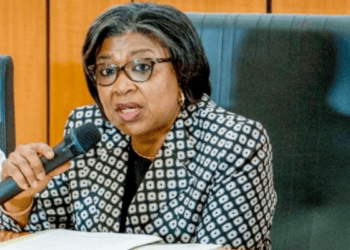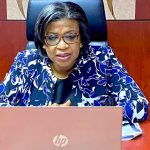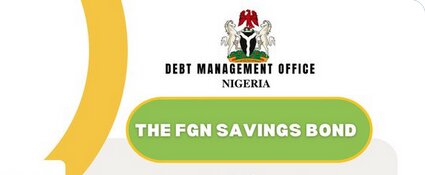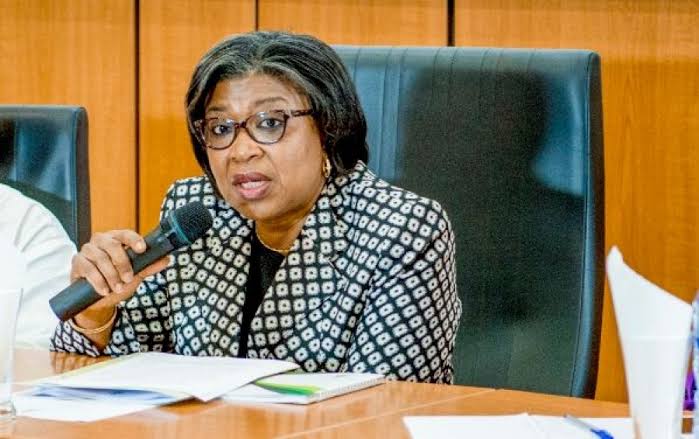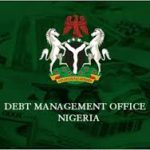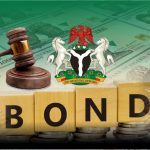The Federal Government of Nigeria, through the Debt Management Office (DMO), is set to raise N180 billion from the bond market in October 2024. This amount marks a 20% increase from the N150 billion offered in September, demonstrating the government’s commitment to using the bond market as a tool to fund critical projects and manage fiscal obligations.
Raising Funds Through Reopened Bonds
The DMO’s bond offer circular outlines the re-opening of two previously issued bonds for auction. The first is the N90 billion 19.30% FGN APR 2029, a 5-year reopening, and the second is the N90 billion 18.50% FGN FEB 2031, a 7-year reopening. These bonds will be auctioned on October 21, 2024, with settlement slated for October 23, 2024.
Investors can purchase these bonds in units of N1,000, with a minimum subscription requirement of N50,001,000. Beyond the minimum, bids must be in multiples of N1,000. Both bonds offer semi-annual interest payments and will be fully repaid at maturity, making them appealing to investors seeking secure returns.
Investor Benefits and Secure Investment
These bonds are considered highly secure, as they are backed by the full faith and credit of the Federal Government of Nigeria. The bonds are charged upon Nigeria’s general assets, making them stable investments for individuals and institutions alike.
Furthermore, the bonds qualify as securities in which trustees can invest under the Trustee Investment Act. They are also exempt from taxes for certain investors, including pension funds, under both the Company Income Tax Act (CITA) and the Personal Income Tax Act (PITA).
Listed on the Nigerian Exchange Limited and FMDQ OTC Securities Exchange, these bonds provide investors with transparency and liquidity. Banks can count them as liquid assets when calculating liquidity ratios, enhancing their attractiveness to financial institutions looking to manage liquidity while securing returns.
Aiming to Strengthen the Economy
By offering these bonds, the government continues to support economic growth while addressing budgetary and infrastructural needs. The bond market remains a critical source of funding for the administration’s development projects, as it seeks to strike a balance between borrowing and long-term economic sustainability.
Financial institutions such as Access Bank Plc, First Bank of Nigeria Ltd, Stanbic IBTC Bank Ltd, and Citibank Nigeria Ltd, among others, serve as accredited Primary Dealer Market Makers (PDMMs), facilitating access to these bonds for interested investors.
As Nigeria continues to navigate fiscal challenges, the bond market remains a key instrument for funding vital projects, attracting institutional and individual investors alike, and supporting the country’s economic stability.


